![]()
» Iran in Trump’s Security Strategy
The editorial of Jahan Sanat deals with the new security strategy of U.S. President Donald Trump which emphasizes his election campaign slogan, ‘America first’. The new U.S. strategy is a turn in security strategy of this country during past 2 decades.
The editorial continues: as expected, a part of new U.S. security strategy is dedicated to Iran. Iran, along with North Korea, is considered as one of the rogue states, which are fundamentally seen as a challenge against the U.S. security. According to Trump, calling Iran rogue has its root in actions and behaviors of Obama towards Iran. Obama’s policies towards Iran were based on diplomatic options, security guarantees, economic incentives and interaction in the form of a big bargain. However, Obama’s presuppositions proved wrong, as Iran is constantly subverting the U.S. and its allies in the region while expanding its destabilizing behaviors.
The editorial adds the U.S. will use parts of this new strategy to control Iran and neutralize Tehran’s moves. In this regard, even though the option of war and militarism against Iran is not desirable, the U.S. will continue to confront Iran through imposing unilateral sanctions and adopting anti-JCPOA policies. Trump’s speech in General Assembly of the United Nations and recent remarks of U.S. Ambassador to UN Nikki Haley can be considered as warning threats of U.S. policies in a confrontation with Iran.
In conclusion, the editorial asserts, the U.S. officials are seeking to show that Iran, with its destabilizing behaviors in form of its missile program, is not willing to observe the provisions of the nuclear deal.
An Editorial in “Jahan Sanat” on December 20, 2017
» Porters Need Bread and Job
Editorial of Arman Emrouz concentrates on the issue of porters and inadequacy of Iranian Interior Minister’s recent plan, according to which these porters will be concentrated in 15 border markets in four western provinces in Iran. The editorial goes over the reasons why this plan cannot solve this huge issue.
According to the editorial, the bitter story of these porters shows the painful reality of underdevelopment in these four provinces in western Iran. The porters who are merely trying to make a living for themselves give in to the tough, unpleasant conditions of this job. Each year more than 146 porters get killed in these areas, and hundreds of them are damaged due to work pressure or walking on landmines.
The editorial goes on to ask, can a plan designed by the Interior Minister in Tehran help these oppressed people who live and work in border areas? Can such plans that have been formulated without the participation of porters or their representatives help in finding a way out of these conditions? Can such plans guarantee that such bitter issues will not happen again?
The editorial continues: according to the announcement of Sardasht and Piranshahr MP, there are 75,000 porters in these areas. These porters are in need of their daily bread and have no money to get involved in business and trades in the border markets. Consequently, the Interior Minister’s plan is not realistic.
In conclusion, the editorial asserts that 75,000 porter families need jobs and daily bread, and getting involved in the border markets requires money which these porters do not have. The editorialist holds that instead of this plan, the government should prepare the ground for employment and sustainable development.
An Editorial in Arman Emrouz on December 19, 2017
» Requirement of Parliament
The editorial of Etemad newspaper deals with recent heated arguments in Iranian Parliament, calling them one of the necessities of this institution. In his talk in a parliament session, Tehran MP Mahmoud Sadeghi had slammed behaviors of the Guardian Council, lack of transparency with regard to spending the Parliament’s budget, and necessity of fighting corruption in 3 branches. Sadeghi had said that disqualifications by the Guardian Council have ‘prevented brave MPs who dare to fight corruptions’ enter the Parliament. Sadeghi’s talk was criticized by some MPs, which created tension in Iran’s Parliament.
According to the editorial, such arguments are innate parts of any parliaments, where MPs, openly and without any considerations, state what is necessary, and try to claim their constituents’ rights. As a matter of fact, the more arguments there are in the parliament, the more peaceful the society will be.
The editorial sees both the press and the Parliament as two places for arguments and exchanging views, in which certain mechanisms are predicted for political activists and people’s representatives to argue with each other and say and write whatever they think is right, without any considerations or any flattery.
The editorial adds that usually in societies where there are tensions in the press and the parliament, the society itself is in more peaceful conditions. On the contrary, if the possibility of free, open discussions are taken away from the parliament and the press, then these tensions spread to the society, and disputes will find their ways among people.
At the end, the editorialist asserts that in his opinion, it is not important who is right in such arguments. But what is important is that the 10th Iranian parliament is lively and dynamic, and democratic discourses are taken seriously in it. Meanwhile, MPs enjoy parliamentarian immunity and persist in claiming their constituents’ rights.
An Editorial in Etemad on December 18, 2017
» Are U.S. Circumstances Ready to Cancel JCPOA?
The editorial of Arman Emrouz daily deals with the question whether circumstances are ready for the U.S. to cancel the nuclear deal between Iran and P5+1.
According to the editorial, the Middle East has not seen such an unrestful atmosphere in past 40-50 years. In such an atmosphere, U.S. Ambassador to United Nations Nikki Haley showed evidence that Iran had provided the missile fired by Houthis towards Riyadh. Amidst tumults in the region due to U.S. decision to move the embassy to Jerusalem; such remarks were made to make sure that Iran’s issue is not forgotten.
Even though the U.S. final decision regarding the nuclear deal (JCPOA) is to be made by January 13, 2018, the editorial continues, no one can say for sure what Trump’s decision will be. And despite EU’s support for JCPOA, the fate of the deal is unclear. Another factor is that the U.S. is currently after resolving the issue of North Korea, which is considered a threat against it. And if this issue is not resolved by January 13, Trump’s hand is tied in canceling the nuclear deal.
The editorial goes on to say that the U.S. pulling out of the nuclear deal will not impede its progress. But it will probably ensue with new sanctions which can be imposed by U.S. Congress, the White House, and U.S. president.
The editorial concludes: if U.S. pulls out of the JCPOA, this deal will no longer have its former standing and will lose its credibility even for EU. If so, Iran must expect new U.S. sanctions.
An Editorial in “Arman Emrouz” on December 17, 2017
![]()
♦ Boroujerdi: Iran’s nuclear capability in post-JCPOA continues powerfully
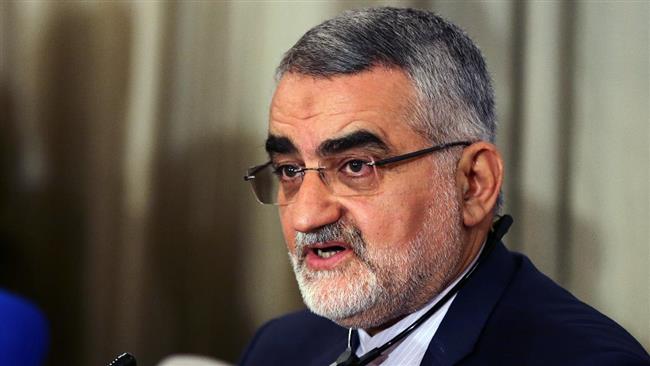
Head of Parliament’s National Security and Foreign Relations Commission said Iran’s nuclear capability has not only not decreased after the nuclear deal (JCPOA), but has continued powerfully and innovatively. Alaedin Boroujerdi added in post-JCPOA, there has been no reduction in quantity or quality of Iran’s nuclear capability.
Tasnim news
Zarif consults with Azerbaijan’s president on regional issues
FM Mohammad Javad Zarif, in his trip to Baku, met and consulted with Azerbaijan’s President Ilham Aliyev. In this meeting, they discussed and exchanged views about ways to expand and deepen the relationship between the two countries and regional issues.
ISNA
♦ Iran, Turkey install physical barriers, concrete walls in joint borders
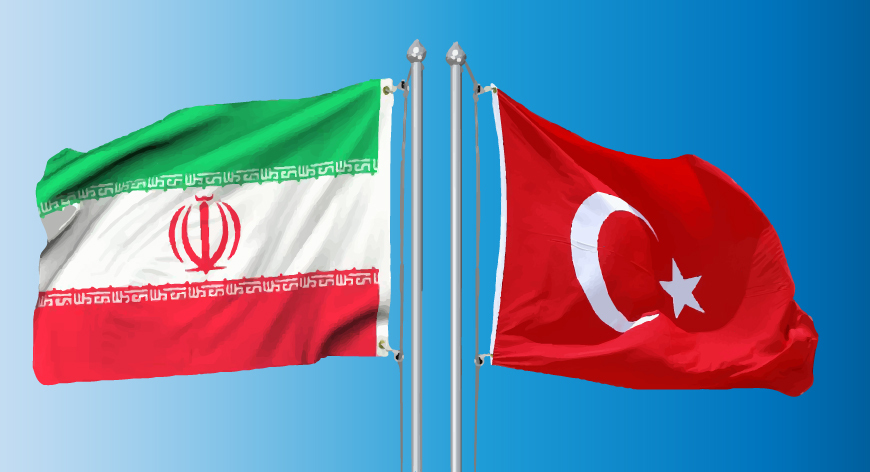
Security Deputy to Iran’s Interior Minister Hossein Zolfaghari pointed out that blocking borders of Iran and Turkey is advantageous to both sides, saying both countries are installing physical barriers and concrete walls within their joint borders. Zolfaghari added in meetings held in Iran and Turkey, analyses and common issues such as terrorism, human trafficking, and smuggling weapons, alcoholic drinks and drugs were brought up.
Aftab news
♦ Safavi: Possible military threats against Iran, from air and sea
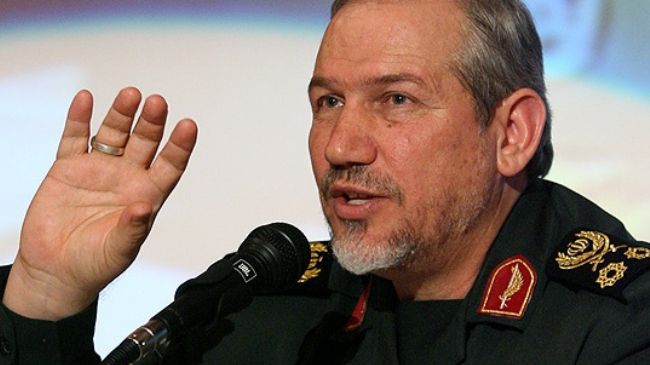
Major-General Rahim Safavi, aide and chief advisor of Iran’s supreme leader, explained about possible military scenarios against Iran, saying nature of possible military threats against Iran is air-based or sea-based.
Safavi, in his trip to Hormozgan Province, made explanations about security-defense conditions of this region, adding that the front edge of the battlefield in any possible air-based or sea-based threats is the Gulf region, Strait of Hurmuz, and Oman Sea. Safavi considered the possibility of land-based threats very unlikely, except in certain regions.
Mehr news
♦ Raising fuel results in unemployment of 480 thousand people
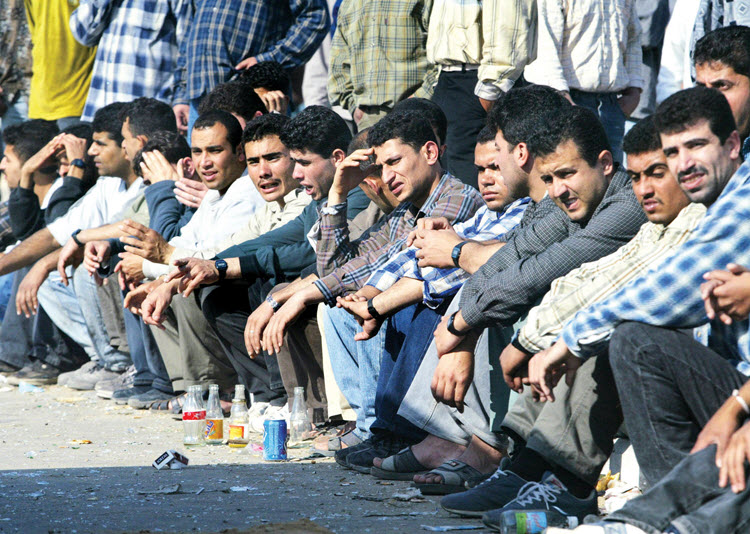
While Hassan Rouhani’s government intends to raise the price of gas and gasoline to create more jobs, the Parliament’s Research Center published a report pointing out to a contradiction in the government plan. According to this report, raising the prices of fuel can result in 360,000 to 480,000 job loss. The report says: ‘given the stagnation due to raising the prices of fuel, this policy seems contradictory.’
Eghtesad Pooya
♦ Shamkhani: Iran will stay in Syria
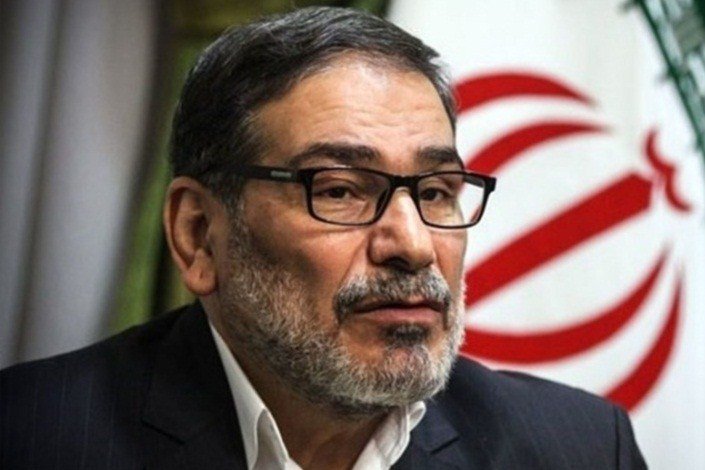
Secretary of Supreme National Security Council Ali Shamkhani said ‘with the request of Syrian lawful government, we will stay in this country and offer our advisory services, until the destruction of all terrorist groups.’ Shamkhani added that claims of Israel or any other countries will have no impacts on calculations and decisions of Iran in pursuing its national interests and regional security.
Tasnim news
♦ 34 thousand billion tomans of damages due to air pollution

According to weather reports, the adverse weather condition in Tehran, Isfahan, Tabriz, Urmia, and Arak will continue until the final days of the week. In recent days, schools of large cities such as Tehran, Urmia, and Tabriz were closed due to chronic air pollution. Amidst this, Iraj Harirchi, Deputy Health Minister, said 2.48% of Iran’s GDP is wasted on side-effects of air pollution, which means 34,000 billion tomans is spent directly and indirectly on air pollution each year.
Arman Emrouz
♦ Nearly 1,500 girls under 14 got married in Zanjan Province
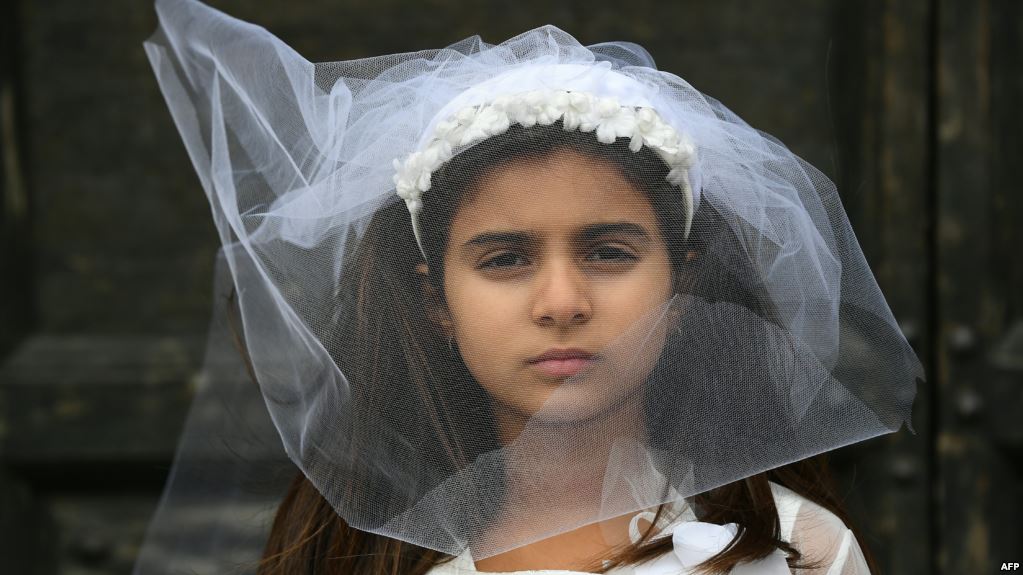
Mahrokh Bolouri, head of Women and Family Affairs in Zanjan Governor Office, said last year 1,485 cases of marriages of girls under the age of 14 were registered in this province, in which 47 cases ended in divorce. She added that in present conditions, existing statistics regarding marriage and divorce have created sensitivities as indicators of certain conditions in the society. That is because divorce as a damage inflicts considerable costs on the society, she added.
Arman Emrouz
♦ South Korea ready to construct solar energy power plant in Iran
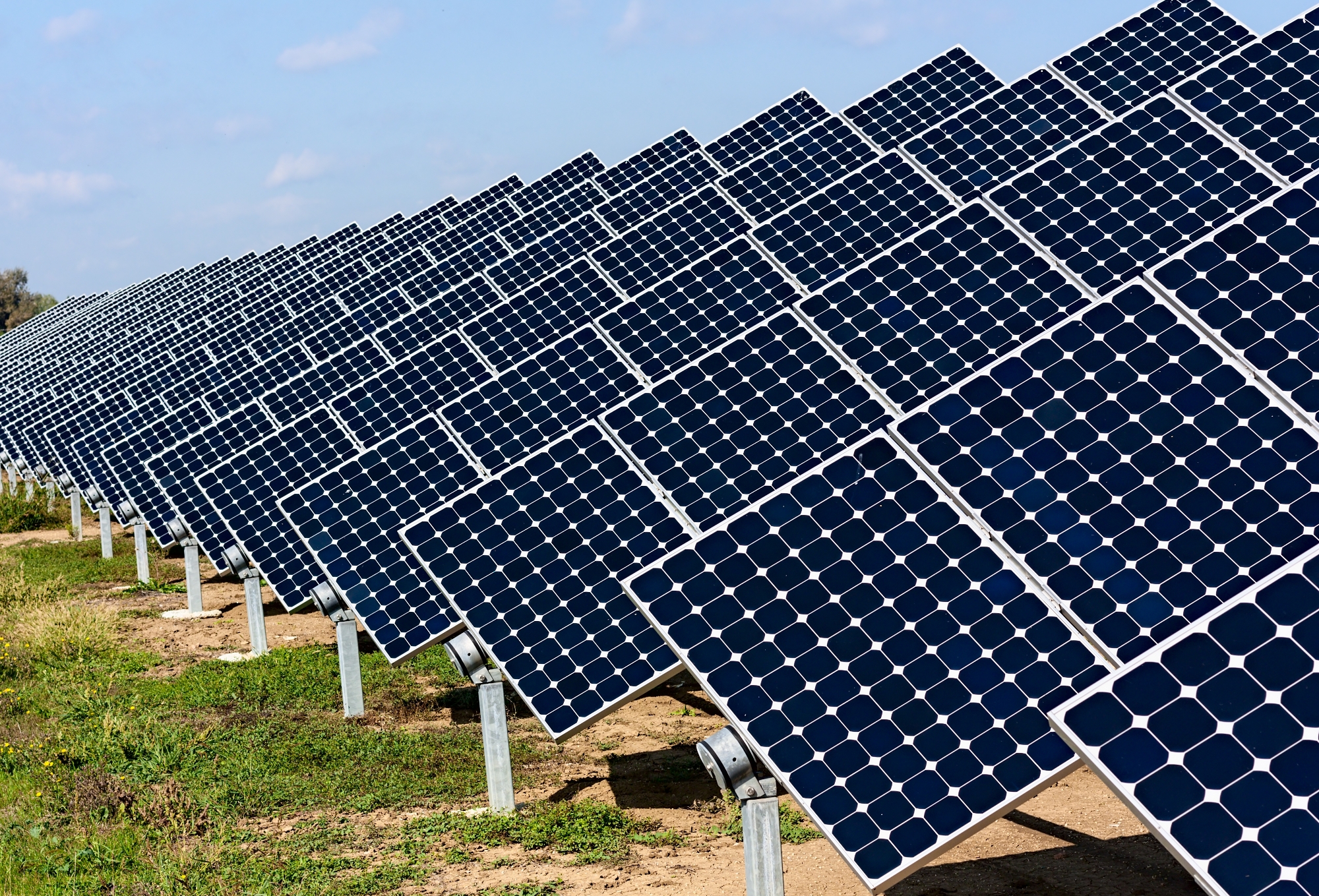
General Manager of Economic and Financial Affairs in Fars Babak Daee said South Korea’s investment group DHP is ready to construct solar energy power plant in the city of Abadeh in Fars Province. He added that this company is ready to construct solar energy power plant with 30-megawatt capacity, worth approximately $40 million.
Abrar Eghtesadi
♦ Increase in number of working children in Kohgiluyeh
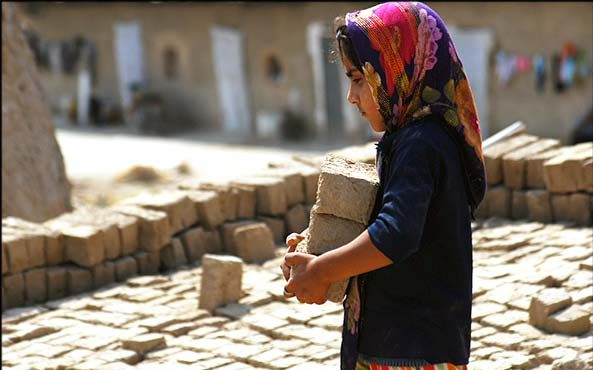
Deputy to Welfare Organization in Kohgiluyeh and Boyer-Ahmad Province said 275 working children have been identified in this province in the first 8 months of this year. Hooshang Siyavashpour added the number of these children shows an increase compared to the same period last year, which was 170 children. Majority of these working children are in the city of Yasuj in this province.
Arman Emrouz
♦ Iranian defense minister emphasizes boosting defensive foundation
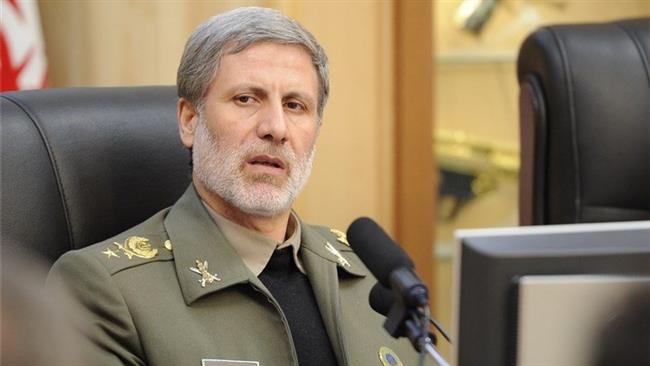
Iranian Defense Minister Amir Hatami was hosted by Parliament’s National Security and Foreign Relations Commission. In this meeting, Hatami pointed out to ‘obvious enmities’ against Iran, urging that is why boosting defense foundation must be underscored.
ISNA
♦ Did radioactive material kill Hashemi Rafsanjani?
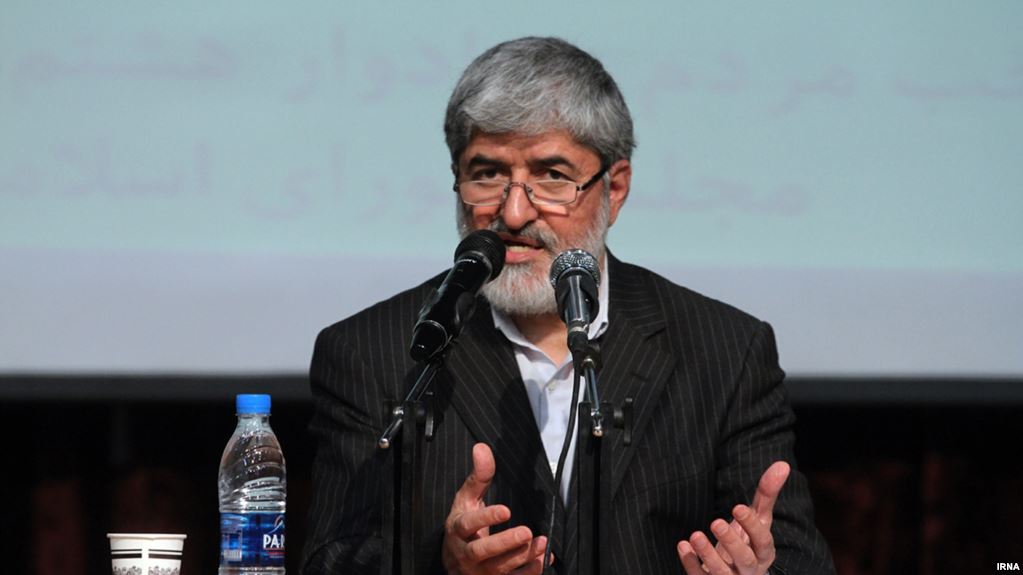
Ali Motaheri, deputy speaker of the Iranian parliament, confirmed the existence of radioactive material in the body of late Hashemi Rafsanjani, saying ‘at that time I had heard that there had been radioactive material in blood tests of Hashemi Rafsanjani, which might have caused his death. I had heard this from Hashemi Rafsanjani’s family which made me follow it up.’ Motaheri urged that after following up the issue, the officials had told him radioactive material had not been enough to cause Rafsanjani’s death.
Khabar online
♦ Zolnour: Statistics of unemployment rate not correct
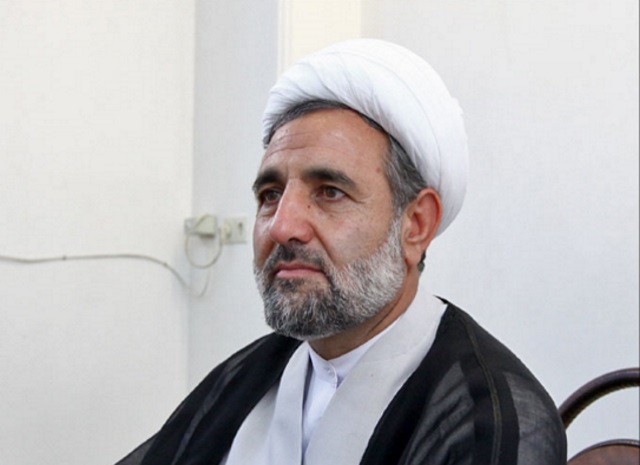
Qom MP Mojtaba Zolnour, the member of National Security and Foreign Relations Commission in the Parliament, said the condition of the employment in Iran is not desirable, adding that the statistics that are provided regarding the rate of unemployment in the country are not correct. He urged that officials must talk transparently to people in this regard, and should avoid giving statistics ‘like an amateur government’. Zolnour asked the government to create the necessary credits for creating employment for youths.
Tasnim news
♦ Airbus, Boeing, ATR ready to finance new Iranian aircrafts
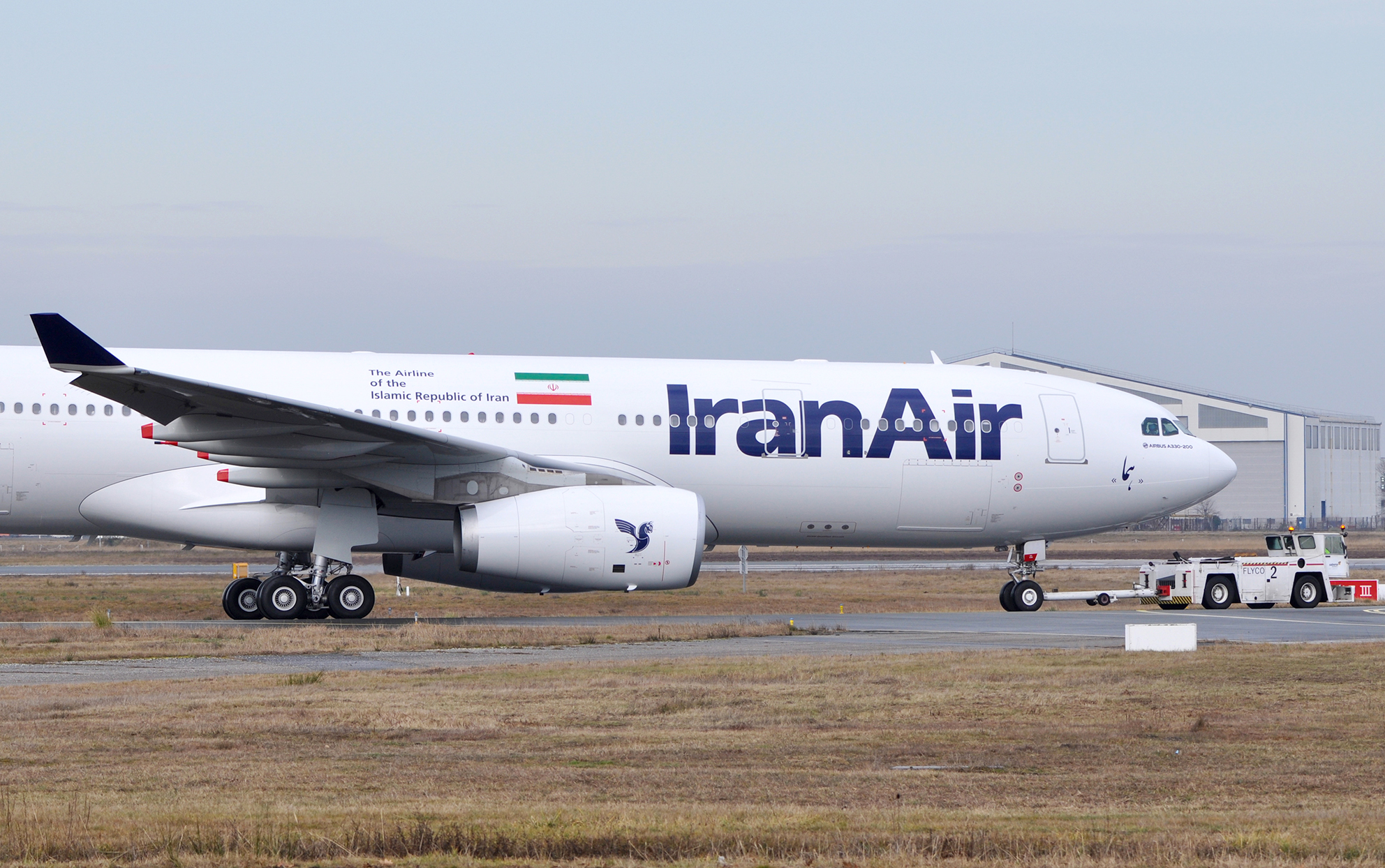
Head of Civil Aviation Organization said French Airbus, Italian ATR, and American Boeing have announced readiness to finance new aircrafts for Iran Air. Ali Abedzadeh added even though Iran Air is after providing finances for aircrafts through international financial markets, manufacturing companies have announced that they can finance a part of this purchase.
IRNA
♦ Rouhani: Observing human rights is essential
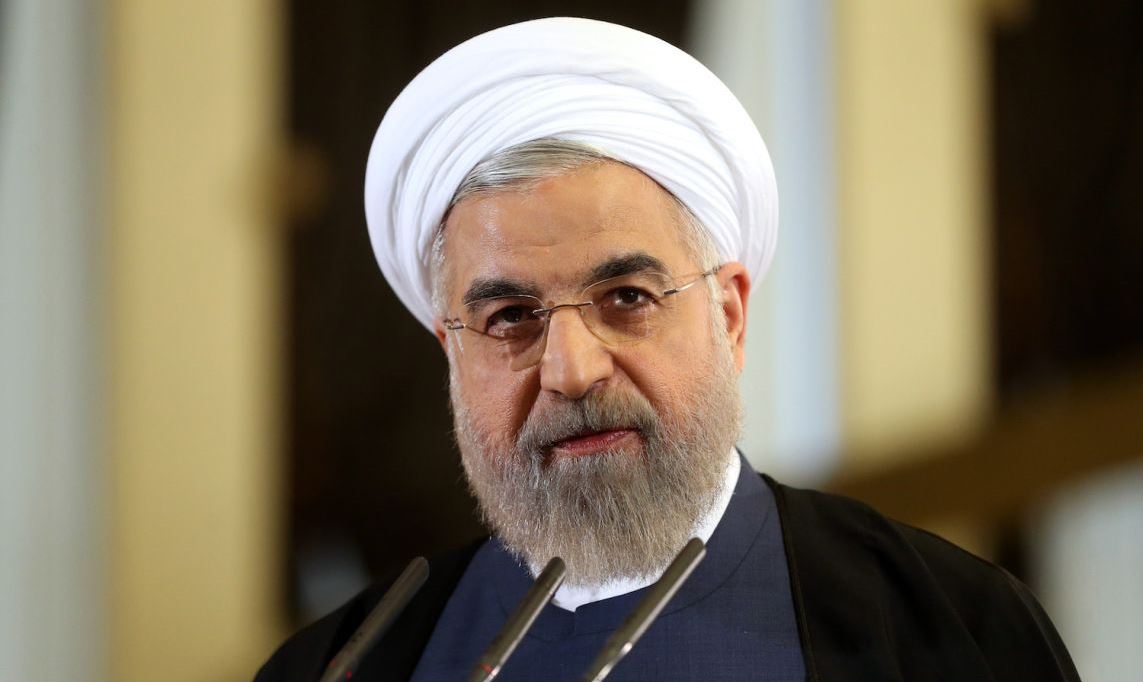
Iranian President Hassan Rouhani, who was heading the cabinet meeting, said people should feel that the citizens’ rights are observed in their daily lives, recommending that all executive organizations must do their best to fulfill this. Rouhani emphasized on eradicating unjust discriminations and observing full rights of ethnic groups, religions, and women, urging that government’s organizations must champion observing these rights. He added access to information, transparent and competitive economy, and right to employment and decent jobs are some of the important topics of the Charter of Citizens’ Rights whose realizations require serious follow up to remove obstacles.
Tabnak
♦ Horrible statistics regarding street harassments against women in Iran
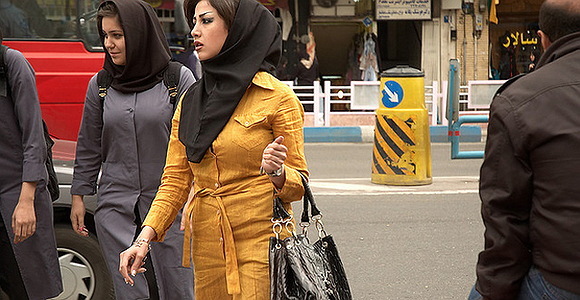
The issue of harassment has become so ordinary that women pass by them easily. Head of Department of Women Studies in Iranian Sociology Association criticized lack of statistics with regard to street harassments of women, saying some researches show that 75% to 98% of women experience harassments in streets. Shahla Azazi added in villages and small cities such incidents are less common due to people being acquainted with each other, but in large cities, there are more cases of street harassments because of anonymity and numerous places where people can go to. According to Azazi, currently, street harassment is categorized under violence in private, public and semi-public places such as universities and workplaces.
Bahar
♦ Iran increases cooperation with turkey and Pakistan to fight smuggling
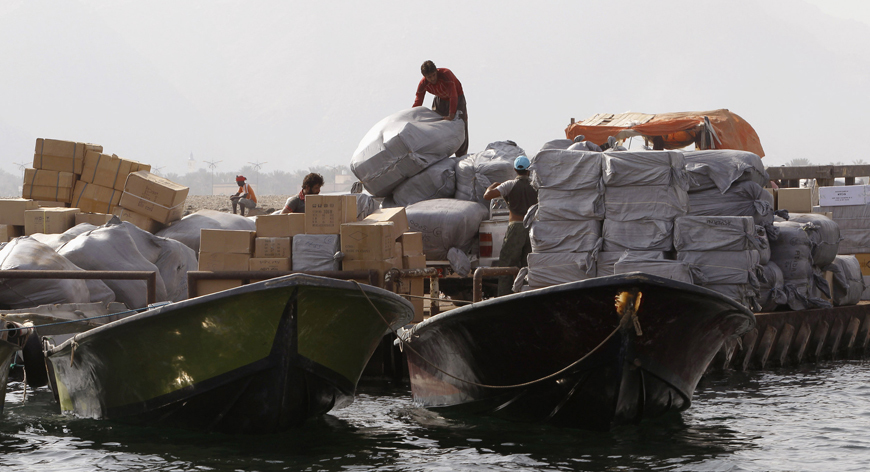
Iranian Deputy Economic Minister Hossein Mirshojaian Hosseini said Iran’s cooperation with Turkey and Pakistan will increase to escalate border transactions and prevent smuggling goods through common borders. Regarding the method of cooperation between Iran and neighboring countries, Hosseini said according to agreements, border markets between Iran and Pakistan and Iran and Turkey will expand to increase the welfare of those living close to borders and prevent smuggling of goods.
Abrar Eqtesadi
♦ Economic challenges and threats
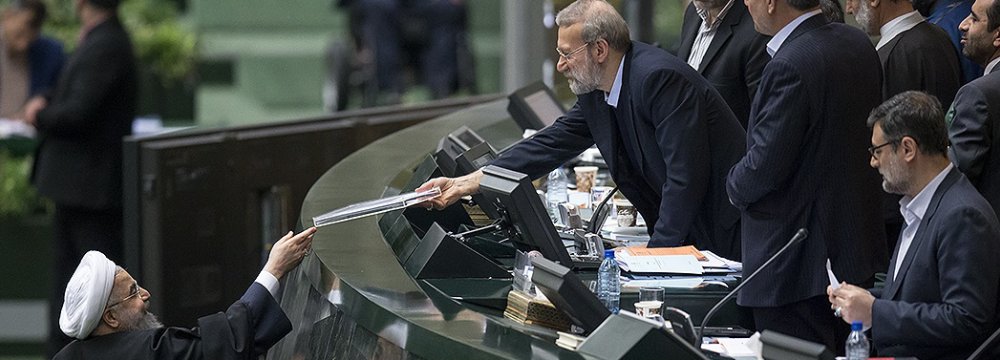
The 2018 budget and problems of livelihood in Iran is an issue that needs to be discussed again and again. It is not an exaggeration to say that one of the key challenges of the country is high expenses and increase in prices of goods. The news of an increase in gas price and departure tax or eliminating subsidies has already created concerns for different groups of people.
The 2018 budget is written based on economic prosperity, but with current capacities of the country, it cannot add to these expenses. Comparing incomes and expenses of each family shows that most of the families that belong to middle and lower-middle classes will face difficulties in providing their livelihoods. And if prices, based on what can be seen in the next year’s budget, suddenly increase 40%, all groups – particularly the vulnerable ones – will be severely damaged.
Hemayat
♦ Intelligence Minister: Economic prosperity depends on economic security
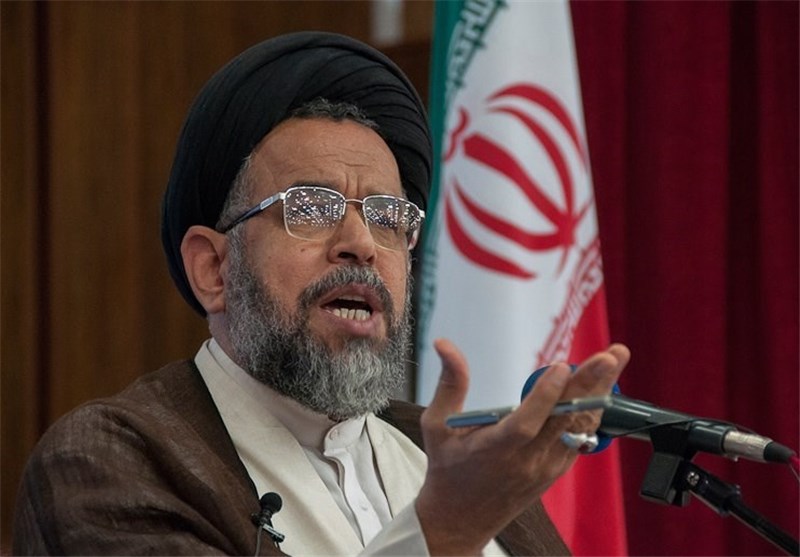
Iranian Intelligence Minister Mahmoud Alavi said economic prosperity in Iran depends on economic security, urging that investors must be protected. He pointed out to the fact that this year is called ‘Year of Resistance Economy, Production and Employment’, adding that resistance economy can be achieved in the shadow of security, and officials must act in a way that investors feel security for making investments. Alavi also said preventive measures must be taken in confronting economic violations, and in order to increase investments, economic corruptions must not be ignored.
ISNA
♦ Rouhani’s senior advisor: More unemployment, less welfare
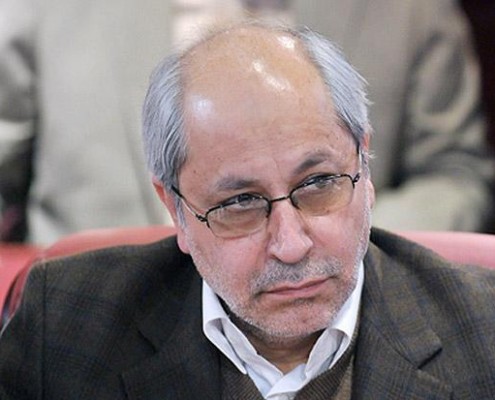
Masoud Nili, senior economic advisor to Iran’s president, said in case of continuation of long-run economic process, the rate of per capita GDP will be about 1% to 2%, adding that government’s weakness in offering public services, high rate of unemployment and lack of improvement in welfare conditions of families will continue. This means more pressure on people and decrease in governmental services for people.
Nili added that in past 40 years, the government has been interfering in prices, instead of controlling the double-digit inflation. He asserted the existence of double-digit inflation and difficulty of reducing it due to obstacles in political economy has motivated governments to directly interfere in different markets and controlling prices, instead of focusing on eradicating main causes of inflation.
Javan
